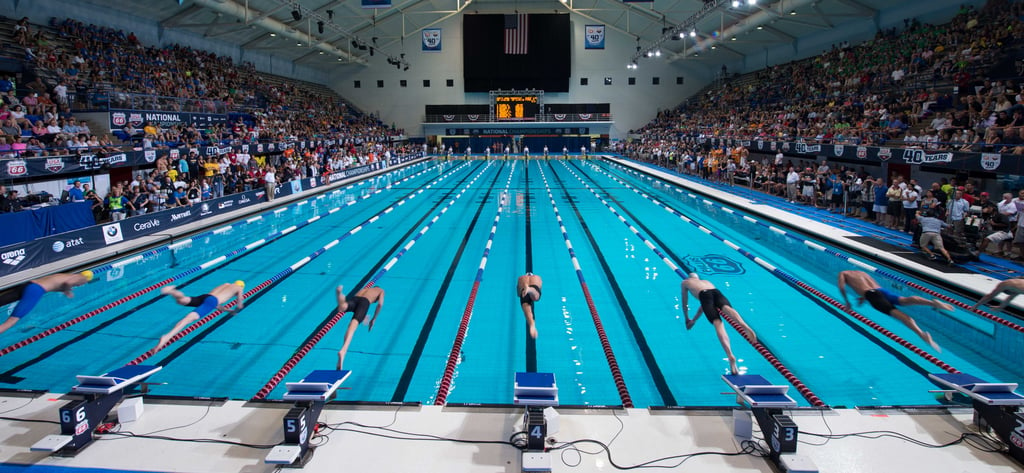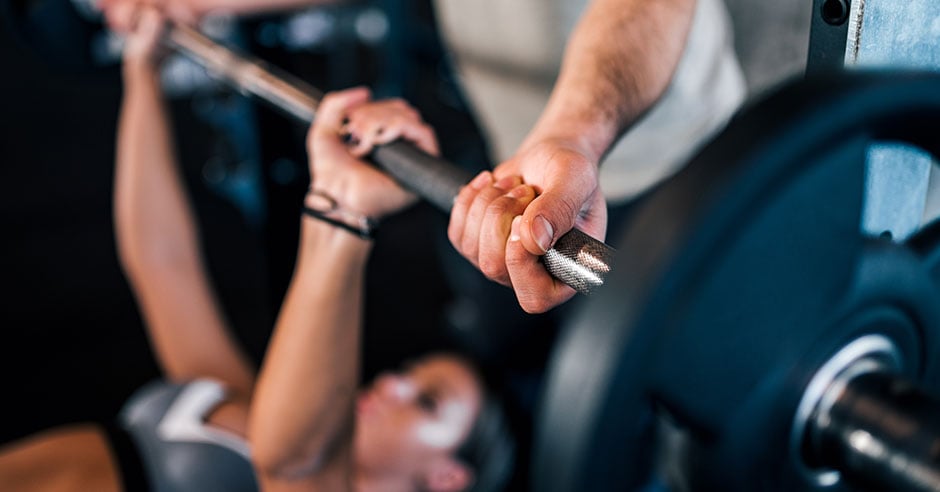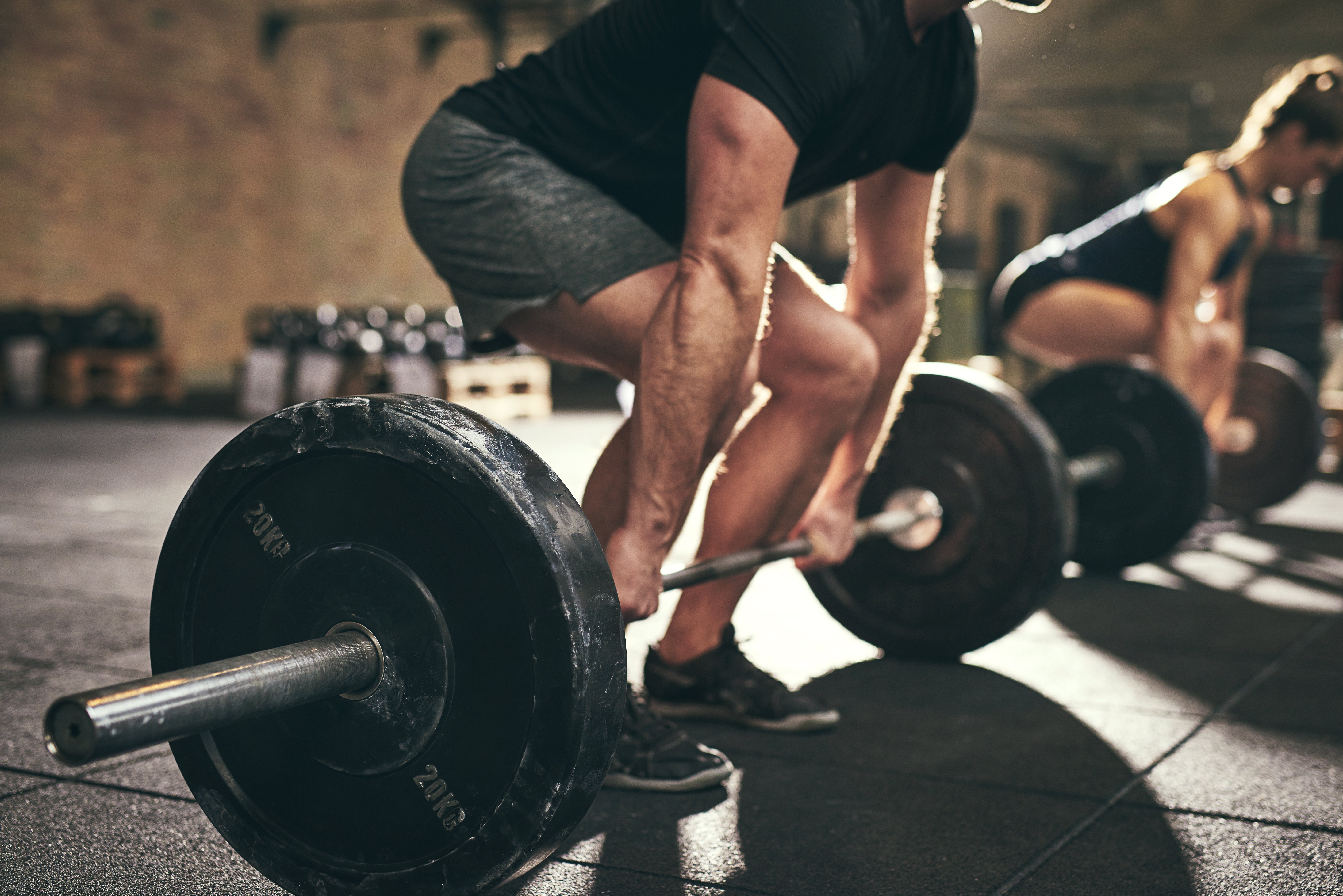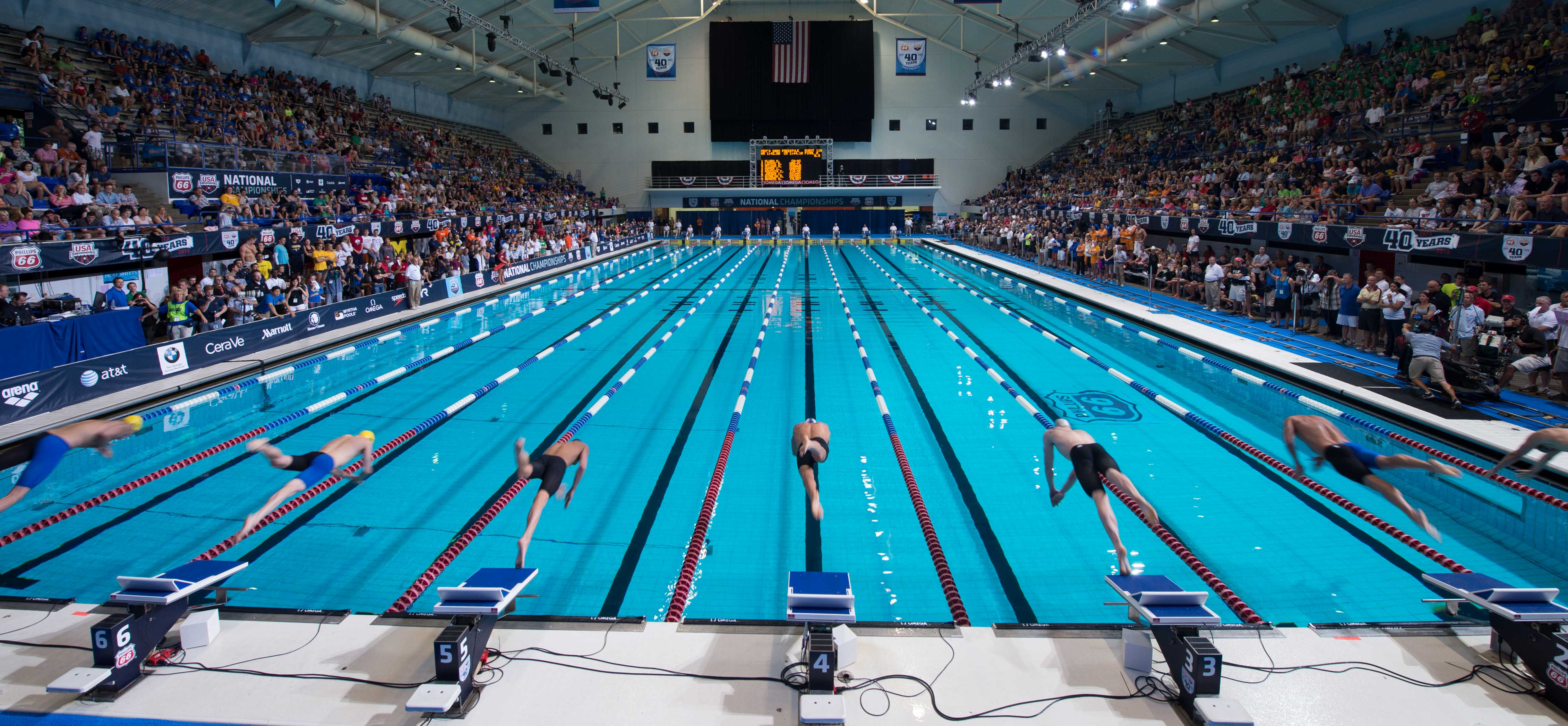Importance of a Taper Phase in Dryland Training

Preparing for competition both mentally and physically is essential for the big day. From early morning practices to intense dryland training, swimmers have put in the hard work to get ahead of their competition. During the crucial weeks and days leading up to swim meets, swimmers should properly implement a taper phase in their training to optimize performance on race day.
Benefits
Taper is a phase of strength training where volume and intensity decrease in an attempt to elicit recovery and reproduce top-end speed as swimmers prepare for the upcoming competition. Nick Folker, former Director of Aquatic Performance at Cal Berkeley and BridgeAthletic’s co-founder, says, “The best way to taper strength training for swimmers is to start with the major competition dates and work backwards. Then, taper programs should be broken down for athletes based on their gender, experience, and training age.” The taper phase should last for 7-10 days prior to competition and workouts should maintain high intensity and decrease in volume. This will cause neural activation and help the brain reinforce muscle patterns that aid in advancing muscle memory while reducing muscle soreness. In addition, tapering allows swimmers to take full advantage of the strength and power built up in earlier phases of their dryland training. Implementing a tapering phase in strength training is essential for optimal swimmer performance in the pool.
Pre-Race Swimming Exercises
A large component of preparation is devoted to improving stability, mobility, and flexibility through the legs and hips, while engaging other key muscle groups. Swimmers should implement lower and upper body movements when preparing for their event. Here are a list of stretches and movements that provide full body activation and synergy from head to toe.
Cat/Dog Warmup
Hip Flexor Stretch
Cobra Stretch
Tuck Jumps
Lateral Jumps
Jumping Lunges
Up and Out Jacks
Recap
Properly preparing for meets is an extremely important component of maximizing swimmer performance in the pool. Without spending sufficient time tapering and recovering, athletes are not able to perform at the highest level. To learn about more about swim-specific dryland training check out this blog about designing programs and this blog about the swimmer’s body.
About the Author

At Bridge, we are all athletes and coaches first. As athletes, our team has experienced everything from riding the pine on JV, to winning NCAA championships, to competing in the Olympic Games. As coaches, we have helped countless athletes reach their full potential, winning everything from age group section championships to Olympic Gold Medals.
Related Posts

The Best Bench Press Variation You’re...
This post is part of our Coaches Corner series with Taylor Rimmer. Taylor is NSCA-CPT, StrongFirst...

Does Powerlifting Harm Heart Health?
A recent study has discovered that a 12-week supervised strength training program (SSTP) may result...
-1.png)
Barefoot Running: Is It For You? |...
Run Free: Consider Less Cushion
Updated October 2020:
With more athletes looking for ways to...


